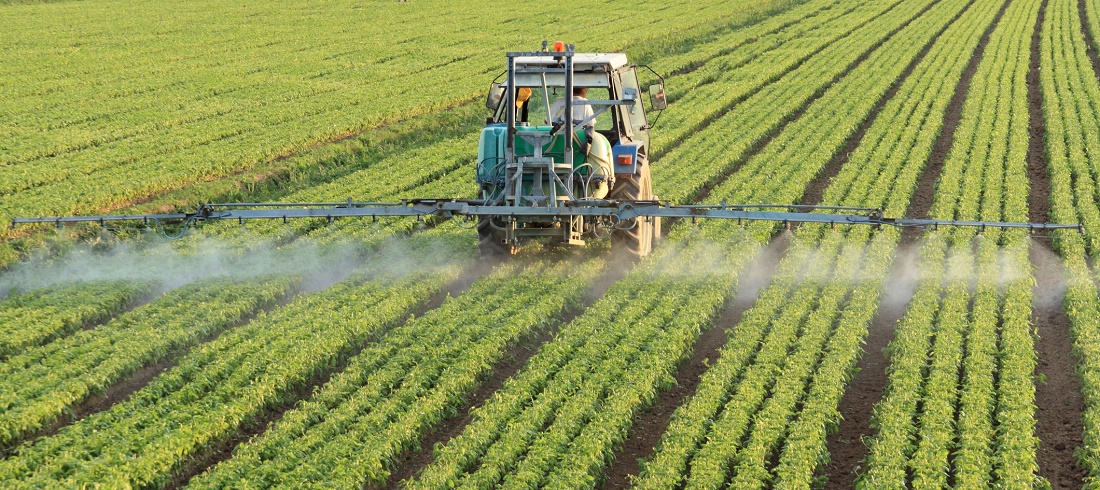
Fertilizer market expected to remain volatile in 2025
Nov, 26, 2024 Posted by Gabriel MalheirosWeek 202445
Geopolitical tensions in key supplier regions, a strong dollar, and conflicts in the Middle East are among the factors likely to keep fertilizer prices volatile in 2025, according to experts. While there is no expectation of a fertilizer shortage, these risks could disrupt the sector’s stability, particularly for Brazil, which imports 85% of its fertilizer supply.
Since October, conflicts in the Middle East have directly and indirectly affected fertilizer shipments through the Red Sea route, driving up costs for producers. This comes amid the ongoing war between Russia and Ukraine—Russia being a major fertilizer supplier to Brazil—and the dollar’s appreciation following Donald Trump’s return to the U.S. presidency. Together, these factors have pushed up international prices for fertilizer commodities such as nitrogen, phosphorus, and potassium (NPK).
Rabobank recently reported that potash and phosphorus prices are expected to remain relatively stable through the end of the year due to the off-season. However, urea—widely used for corn planting—could see price hikes if Middle East conflicts escalate, said Bruno Fonseca, Rabobank’s input analyst.
Another factor influencing urea prices is India’s public tenders for nitrogen imports, which concluded earlier this week with the purchase of over 1.1 million tonnes. India, a significant market player, imports around 40% of its nitrogen fertilizers.
As of November 19, urea contracts for January 2025 delivery were trading at $354 per tonne in New Orleans, matching the previous week’s price and up $8 from the beginning of the month. In the Middle East, the same contracts were priced at $337 per tonne. By Thursday (21), prices had softened slightly to $349 in the U.S. and $330 in the Middle East—still higher than in previous years.
Phosphorus and potassium prices, used in crops like coffee, have shown less fluctuation. Coffee planting in Brazil will not begin until March or April. According to StoneX, demand for nitrogen outside India and Brazil has been unimpressive, and expectations for phosphate demand in Brazil are also declining in the coming weeks.
The following chart uses DataLiner data to provide a general overview of fertilizer imports registered at Brazilian ports between January 2021 and September 2024.
Fertilizer Imports | Brazil | Jan 2021 – Sep 2024 | WTMT
Source: DataLiner (click here to request a demo)
Fertilizer trading companies importing raw materials at higher prices—due partly to the higher exchange rate —will need to pass some of these increases along the supply chain, impacting distributors and producers. This is expected to tighten margins across the board, said Renata Cardarelli, an analyst at Argus.
Distributors and retailers, already struggling with financial issues such as cash flow deficits and limited inventory, face additional challenges with restricted credit access. This has worsened since Agrogalaxy, a major player in the sector, filed for protection from creditors.
Beyond price concerns, delays in delivery times for fertilizers from the Middle East, Asia, and Africa are also a growing issue. Even Egypt, a nitrogen fertilizer producer and a key supplier to Brazil, has become a less viable option due to operating at only 80% capacity amid natural gas shortages, Ms. Cardarelli added.
Marcelo Mello, an analyst at StoneX, noted that natural gas facility attacks in the Middle East have directly impacted the production of fertilizer derivatives such as ammonia. The Russia-Ukraine war has further complicated fertilizer logistics, particularly through the Black Sea, increasing maritime freight costs.
These combined factors could lead some producers to delay or reduce fertilizer purchases for the 2025/26 crop year in hopes of greater market stability.
For now, imports remain steady, but domestic sales are slow due to delays in planting caused by this year’s drought, said Samuel Isaak, an agricultural commodities analyst at XP.
Source: Valor International
-
Ports and Terminals
Oct, 18, 2023
0
Açu Port drops standstill agreement with OSX
-
Shipping
Mar, 23, 2021
0
Maersk adopts surcharge due to low water levels in Paraguay
-
Ores
Apr, 27, 2022
0
Brazilian ore exports fell by 22.8% in Q1, affected by the Chinese cut in imports
-
Fruit
Aug, 29, 2023
0
Paraguayan banana exporters concerned over Argentina not paying for shipments

